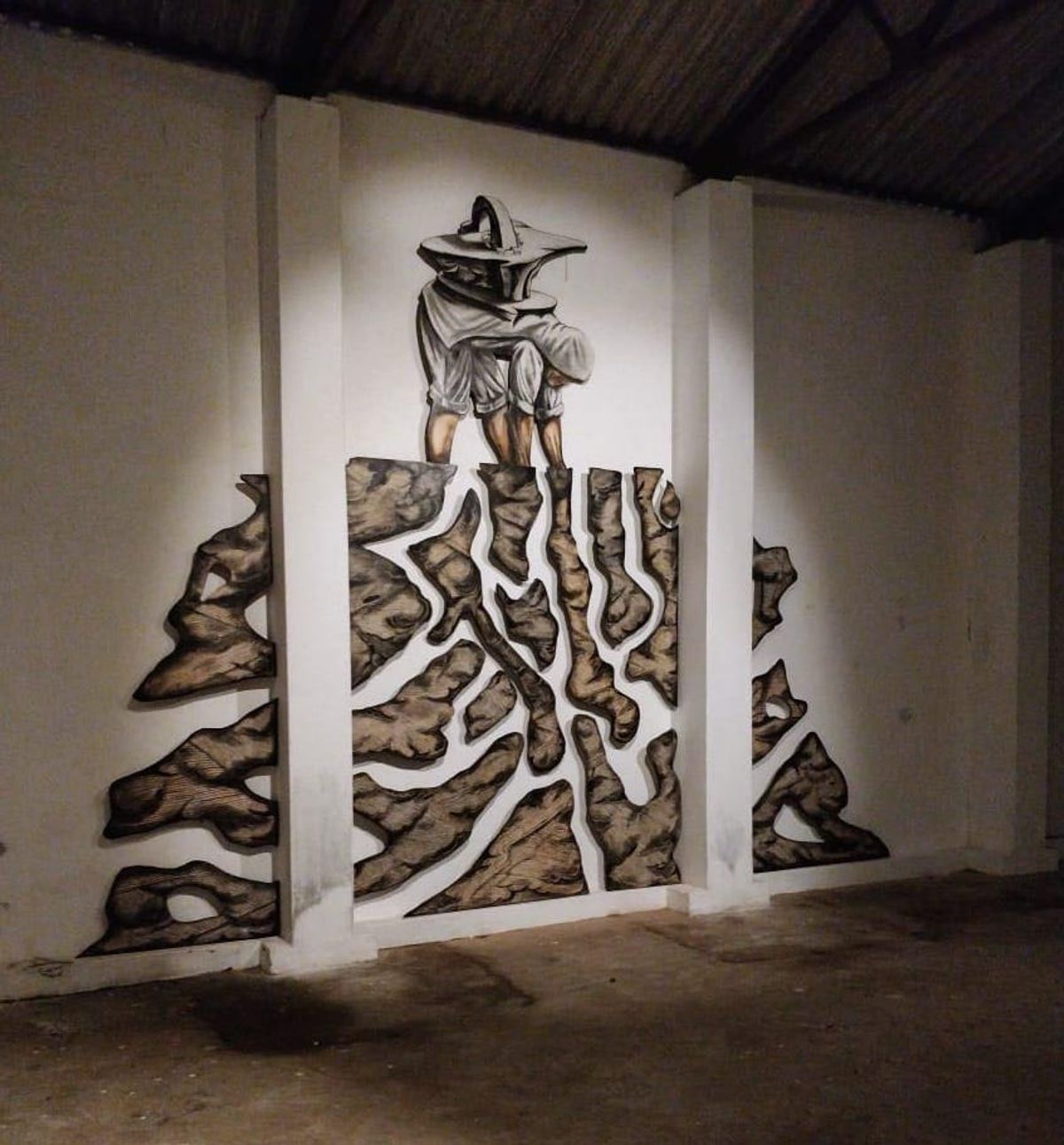Check out The Art Newspaper's guide to London Gallery Weekend 2022 for recommendations on the best exhibitions to see during the three-day event, top trends and commentary
What looks like a gallery show, functions like an art fair and feels like a biennial? The answer: Conversations on Tomorrow, an unusual group exhibition that will see four of India’s leading commercial galleries take over Sadie Coles HQ's Davies Street space, all hoping to prove that dealers can work together while serving their individual interests.
The show began as a conversation between Sadie Coles and Prateek Raja, the co-founder of Experimenter in Kolkata, who are both founding members of the International Galleries Alliance (IGA), an invitation-only dealer collective established in October. With around 250 members from across 54 countries, the IGA was formed to foster relationships between galleries to more effectively tackle issues such as sustainability and the rising costs of art fairs, while encouraging collaboration and the sharing of resources.
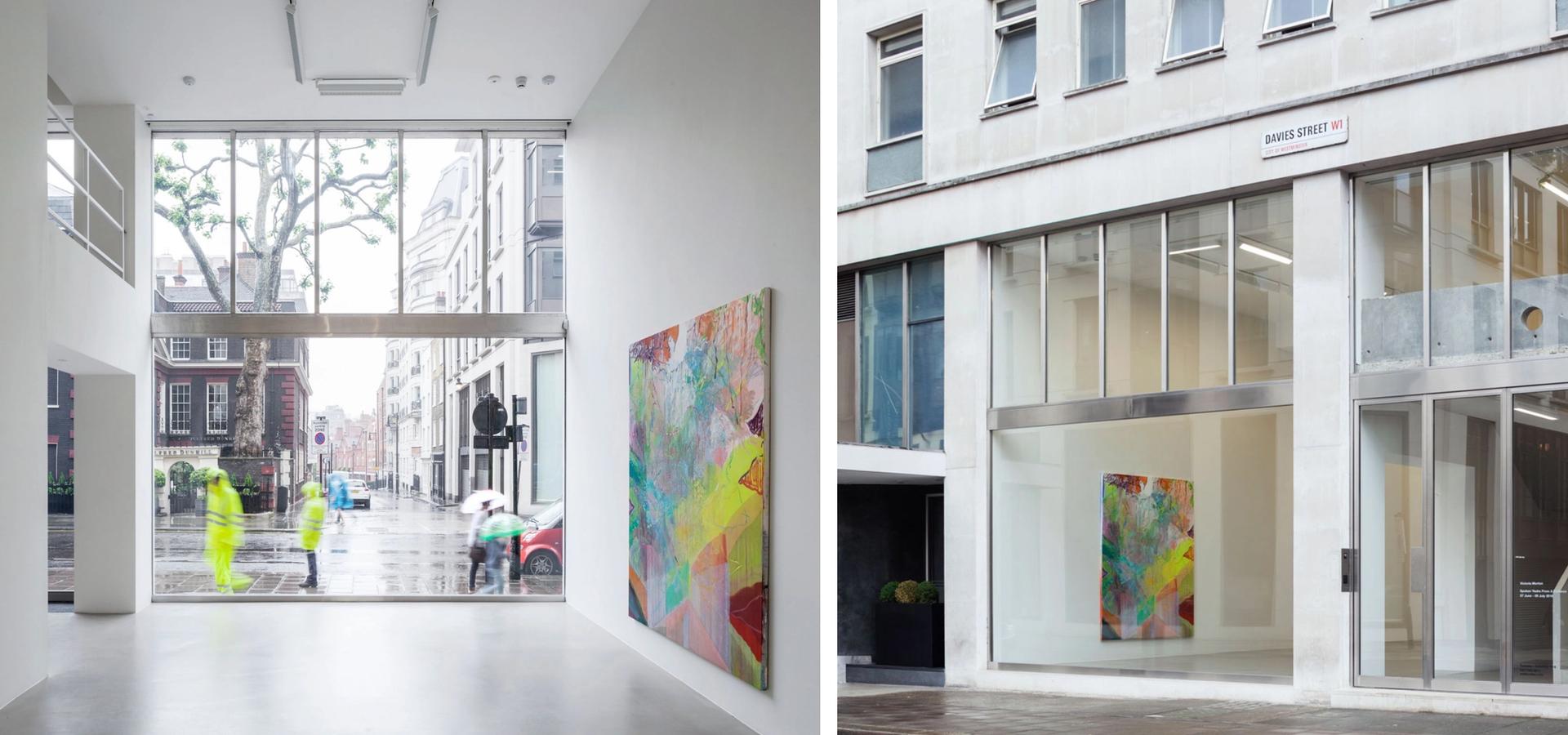
Interior and exterior views of Sadie Coles's Davies Street gallery in Mayfair. © 6a Architects
In keeping with this spirit, Raja, along with his wife and Experimenter co-founder Priyanka, have joined forces with Roshini Vadehra, director of Vadehra Art Gallery in Delhi, Amrita Jhaveri, co-founder of Jhaveri Contemporary and Shireen Gandhy, director of Chemould Prescott Road, both in Mumbai, to share Sadie Coles’s two-floor Mayfair gallery. There they will show nine artists from their rosters: Ali Kazim, Anju Dodiya, Atul Dodiya, KM Madhusudhanan, Mithu Sen, Mrinalini Mukherjee, Prabhakar Pachpute, Radhika Khimji and Simryn Gill.
As its title suggests, the exhibition centres on ideas of the future, a flexible curatorial thread that helps tie together works from four distinct gallery programmes in three cities into something that resembles a “mini biennial”, according to Amrita Jhaveri.
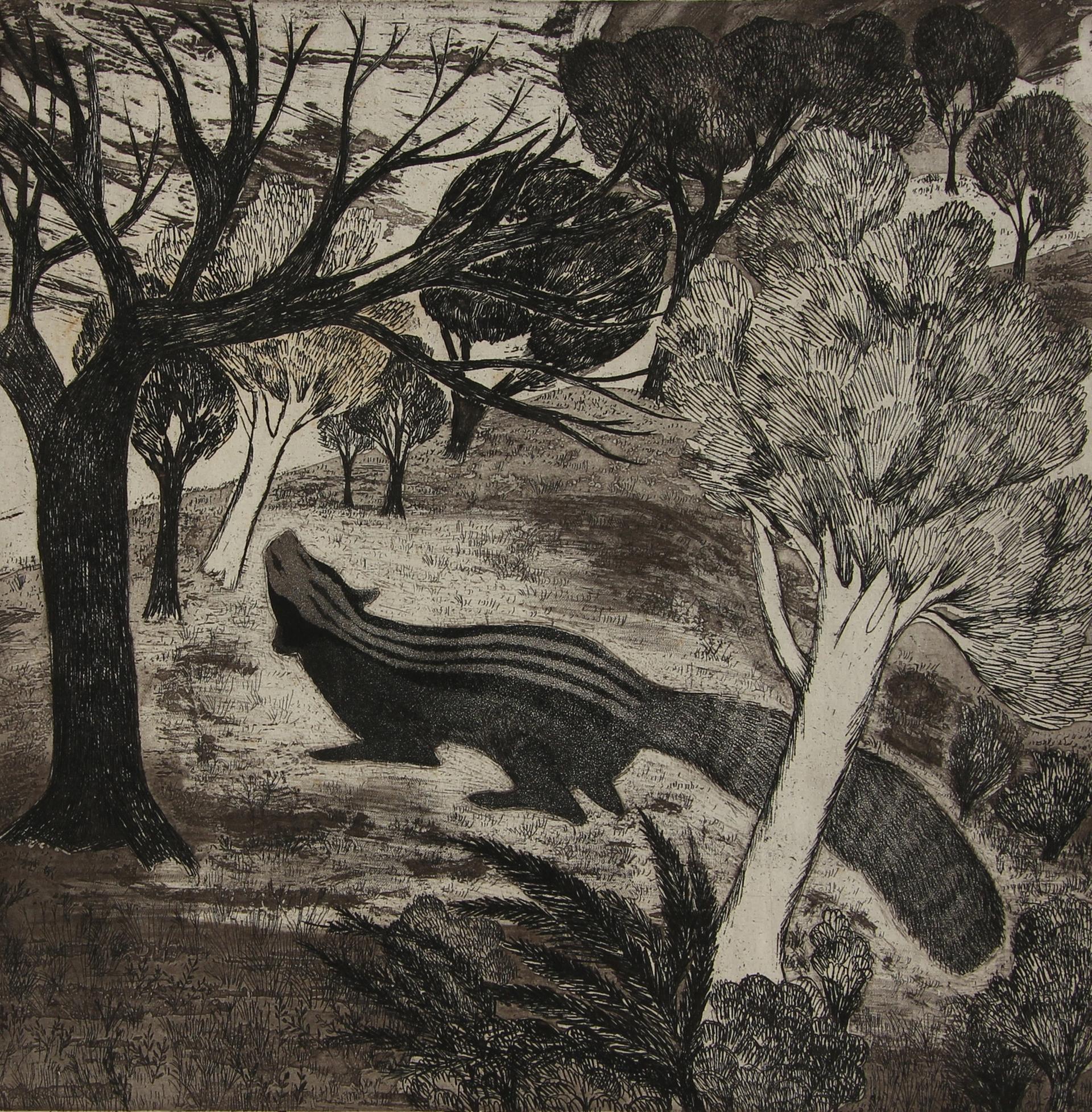
Mrinalini Mukherjee's Afternoon (1979). © Mrinalini Mukherjee, courtesy the artist and Jhaveri Contemporary, Mumbai
Indeed, a number of these works have featured in the most recent edition of South Asia’s most prestigious exhibition, the 2018 Kochi Biennale, including Pachpute’s 2017 wooden floor sculpture about land use and the farmers’ resistance movement, and prints and etchings from a posthumously exhibited 1978 series by Mukherjee, whose knotted fibre sculptures are now included in The Milk of Dreams exhibition at the Venice Biennale.
But while the show will give a broad overview of India’s contemporary art scene, its organisers are wary of focusing on nationality too closely. Importantly, not all the artists are Indian. Ali Kazim, who will show two oil portraits and a clay shard installation, is from Lahore, Pakistan, and Simryn Gill, who will show photographs of polluted mangrove forests, is Malaysian-Australian. Both artists are brought by Jhaveri Contemporary.
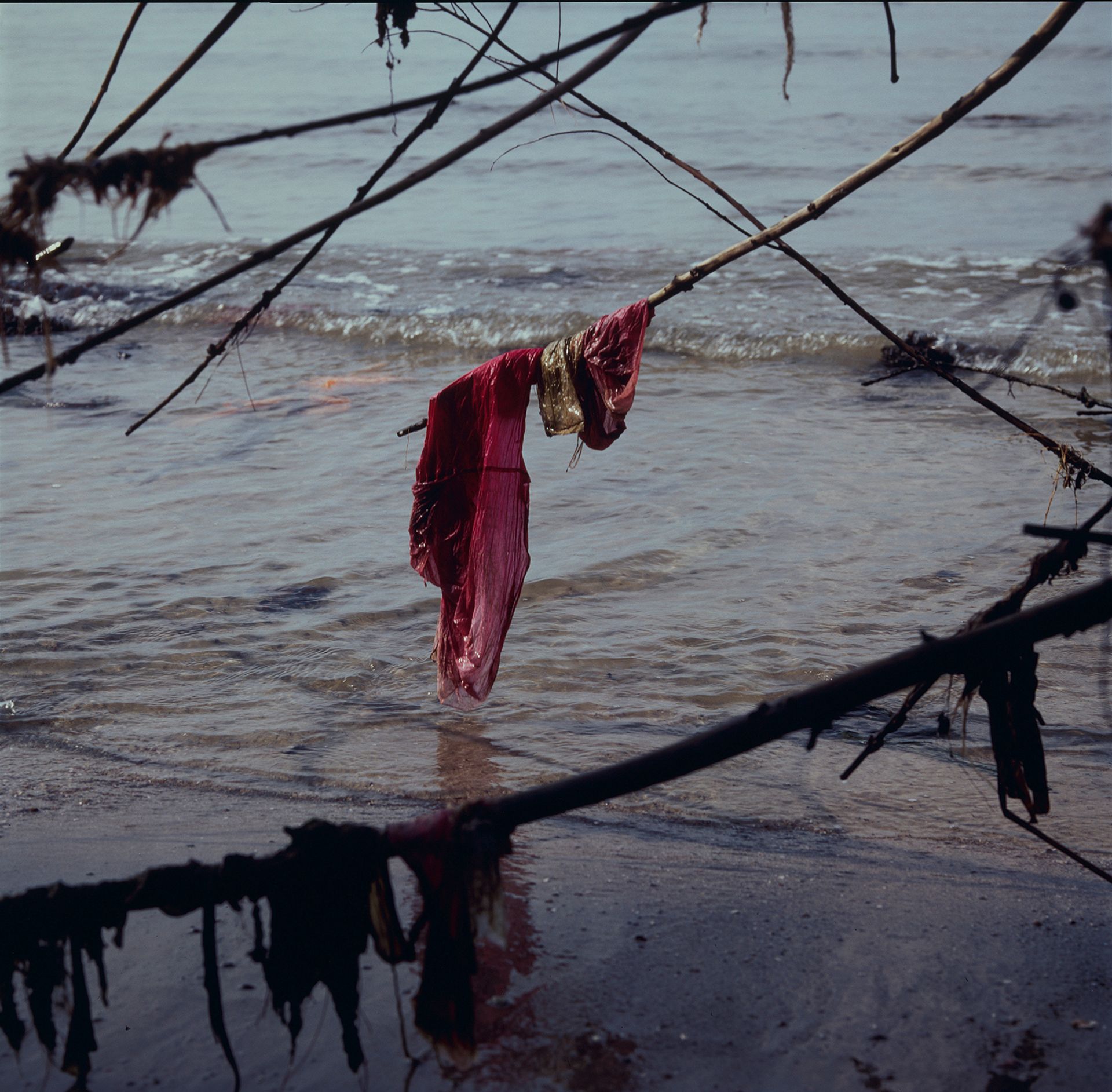
Simryn Gill's Channel (2014) © Simryn Gill, courtesy the artist and Jhaveri Contemporary, Mumbai.
Moreover, despite occurring on the year of the 75th anniversary of Indian independence, the show is not intended as a celebration of that event, especially considering rising political tensions in the country. “Independence means different things to different people, that word is very contested in today’s climate,” Shireen Gandhy says. “We are discussing the idea of what India is, and what it can be—but importantly we’re also trying to move conversations beyond geography and into the realm of possibilities and futurity, as the pandemic has encouraged us to,” Priyanka Raja adds.
Collaborations between different geographic regions have seen the establishment of several new gallery platforms in the past two years beyond the IGA, including South South and the Galleries Climate Coalition (GCC), all of which signal an industry-wide appetite to seek different, more reactive models that can benefit both individual businesses and the whole ecosystem. The organisers of Conversations on Tomorrow hope their show will do much the same, providing them with a joint platform to access a new set of collectors, without the frenzied pace of an art fair.
For both Chemould Prescott Road and Experimenter, which participate in Art Basel, but not Frieze London, this show is a prime opportunity to tap into the UK market, which is appealing both for its high number of South Asian diaspora collectors and its strong appetite for contemporary art. Even for Jhaveri Contemporary, which regularly shows at Frieze, having a slightly more permanent presence than a yearly fair booth is beneficial. “There is a growing appetite for South Asian work in the UK, although we’re not at a critical mass of collectors yet,” Jhaveri says. She adds that many of India’s top galleries share collectors, even overseas, so pooling together resources “makes logical sense”.
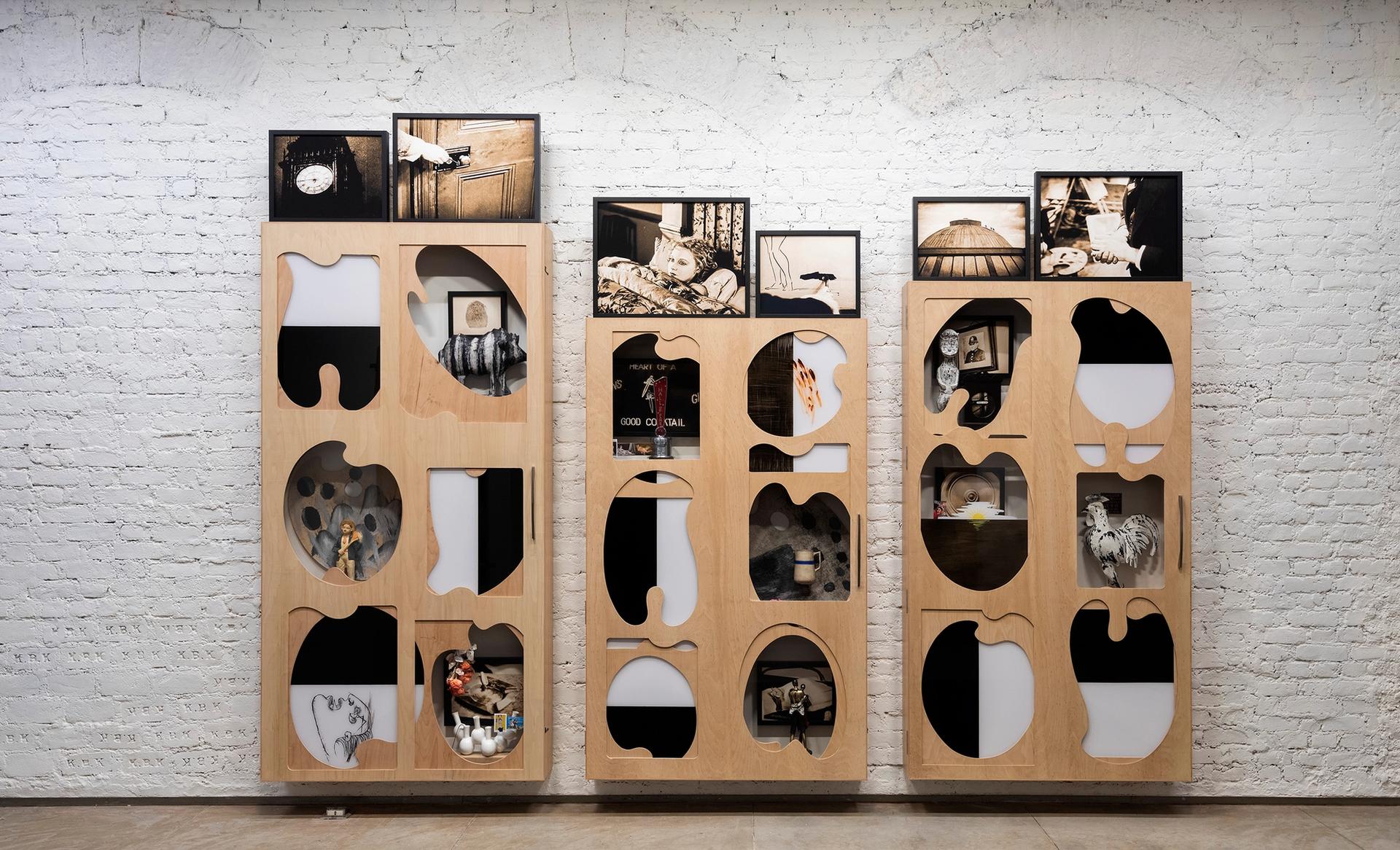
Atul Dodiya's Untitled (2018). © Atul Dodiya, courtesy the artist and Chemould Prescott Road, Mumbai.
An initiative like this, while atypical, is far from unprecedented, and many will recognise its form in other collaborative exhibitions such as Condo, which has not taken place since 2020. Coles says that in fact the model of galleries hosting colleagues “is as old as the hills” and that, if anything, Conversations on Tomorrow takes its cue from “the gallery swaps of the 90s” that were occurring when she first established her gallery.
And while it might seem counterintuitive for a dealer to give over such prime London real-estate during a busy trading week, Coles's gesture speaks as much to her generosity as it does her shrewd business sense. While she will receive no portion of the sales made during the show, she will instead extract something that is arguably of greater value: a store of goodwill among some of the most powerful art dealers in a subcontinent whose art market is difficult to penetrate. The London gallerist says she is very much interested in showing in India and is contemplating another gallery swap soon.
The Art Newspaper is an official media partner of London Gallery Weekend


